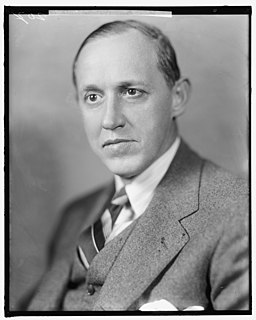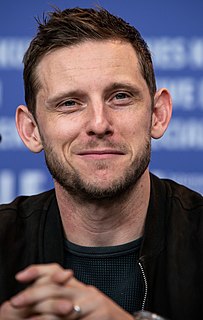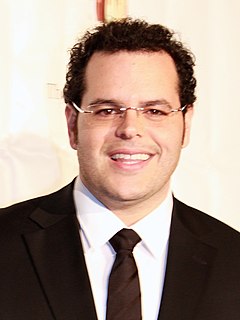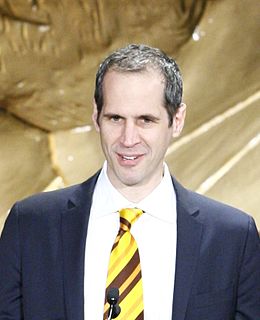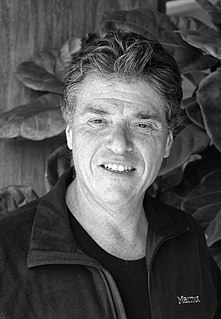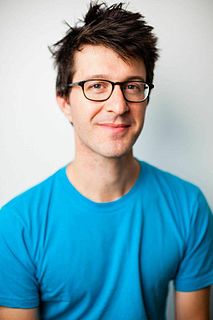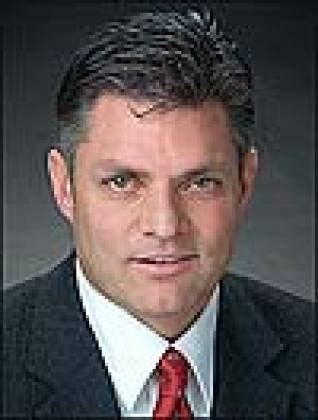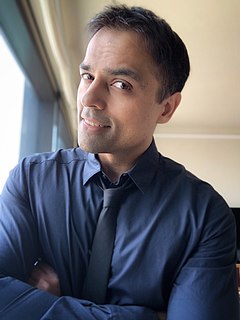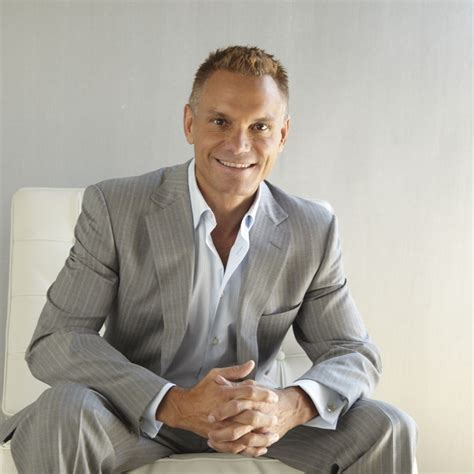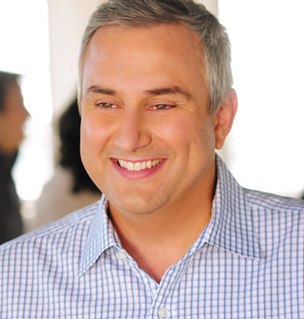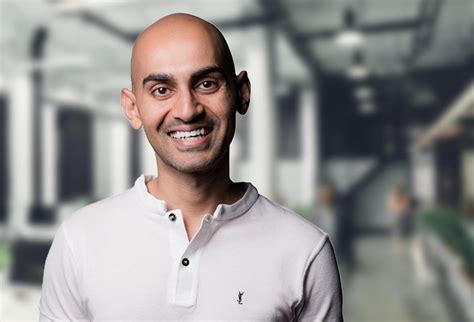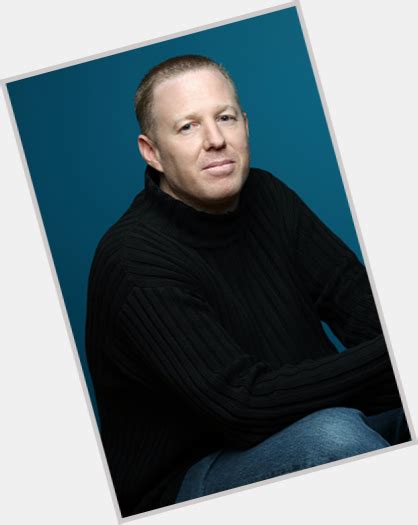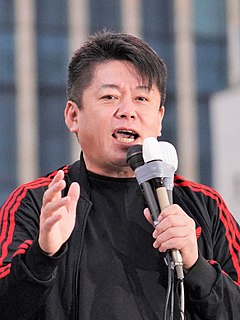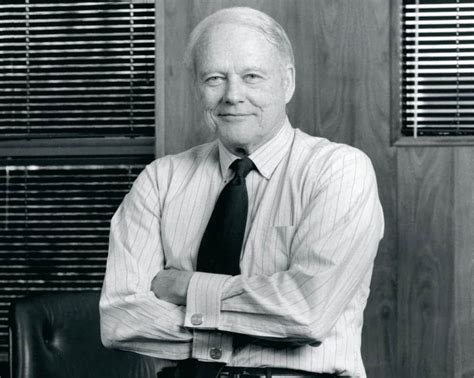A Quote by Bruno Zheng Wu
I invest in people. I think: people first, projects second.
Related Quotes
What other people think of me is not my business. What I do is what I do. How people see me doesn't change what I decide to do. I don't choose projects so people don't see me as one thing or another. I choose projects that excite me. I think the problem is that people refuse to understand what drag is outside of their own belief system.
I think “The Book of Mormon” has made that difference in its field. It changed the game. It’s something that 20 years from now people will still be talking about, hopefully. That’s my goal as an artist, as a creator, as a work for hire, is to choose projects that make people think, make people talk, and make people interested in having a dialogue.
When people think the issue can be solved, it becomes a moral imperative to be part of the solution. We can do a lot more within our school districts to recruit aggressively, select people according to high standards, invest in their training and development, and foster and reward their leadership. Once we invest more in attracting, developing and retaining teachers, potential recruits will begin to see it as a profession worth considering.






